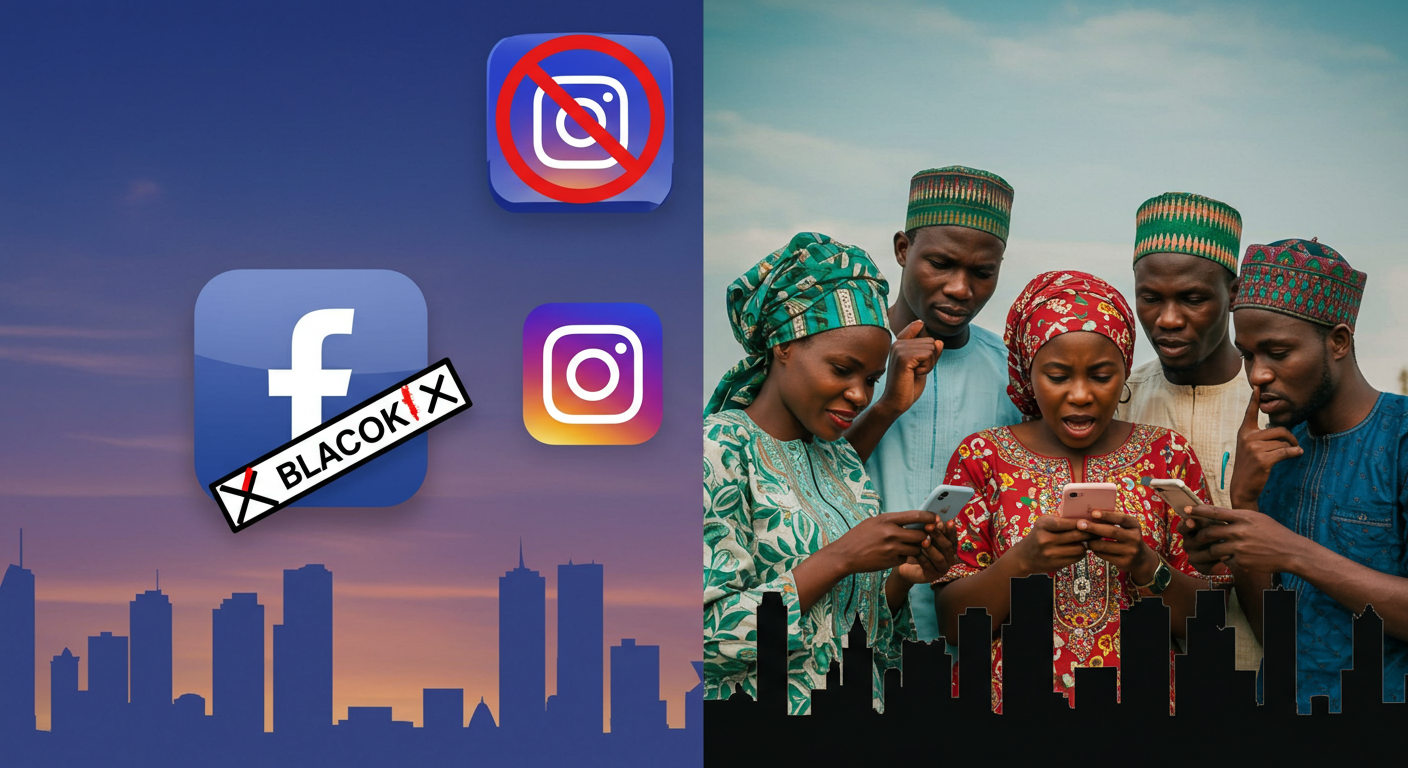By Abimbola Mohammed
The Nigerian Communications Commission (NCC) has said the issue of data depletion being experienced by telecommunications subscribers is attributable to several factors, which can be categorized as technical and non-technical. This was made known at the 91st Telecoms Consumer Parliament (TCP) organized by the NCC.
Speaking at the event Engr. Edoyemi Ogoh, Commission’s Director of Technical Standards and Network Integrity, attributed data depletion to two categories which are technical and non-technical. He added that technically, most browsers play videos by default even when the user only opens a site to read text.
Engr. Ogoh cited that automatic updates of apps and automatic uploads of videos and pictures to the cloud on smartphones as other factors that drain data quietly. Other technical factors, according to him, include the increase in internet speed due to migration to 4G, which automatically plays video in high-quality formats, thus consuming more data.
According to him the non-technical factors are: “The low purchasing power of subscribers leads to the purchase of small bundle sizes with short periods of use leading to an increased frequency of data depletion complaints. Growth of social media, online advertisements and default audio-visual activations in web browsers and apps. Lack of consumer awareness and education. Use of sub-standard and fake subscriber devices. Expiry of data bundle usage timeline before data bundle exhaustion.
“Data Depletion occurs when a subscriber exhausts his or her data bundle before the expiration date or when more than volume is utilised for accessing online content greater than what the subscriber believes it should be or what it ought to be.”
Prof. Umar Danbatta, executive vice chairman, NCC, earlier spoke on increasing complaints the commission gets from telecom consumers as data depletion. He noted that most of the complaints come as a result of the consumers’ recent migration to 4G/LTE technology.
According to Surfshark’s report, “Nigeria ranks 109th globally with an index of 0.0017, which is 44 times lower than the global average, meaning Nigerians are overpaying for the internet they get compared to other countries worldwide.
In terms of regional position, Nigeria ranks 16th with its index 56% lower than Africa’s average. Nigeria is in 12th place in Sub-Saharan Africa, while countries like South Africa and Ghana rank 70th and 105th respectively, both overpaying for the internet they get. Nigeria has a 90% lower index compared to South Africa and 26% lower index compared to Ghana.
Comparing internet value in Africa, 4 out of every 10 people can access the internet at a fair price. South Africa remains the outright leader, with Egypt ranking second, followed by Morocco. While the top-ranking African country, South Africa, is part of the Sub-Saharan Africa sub-region, the Northern Africa sub-region performs better overall, with the average index of its 4 countries being 2 times higher than Sub-Saharan Africa’s. All Northern African countries have above-average internet value, while only 1 in 4 (26.3%) Sub-Saharan African countries do. Zimbabwe and Uganda are the lowest-ranking African countries, followed closely by Cameroon.







Comment
No comments found.